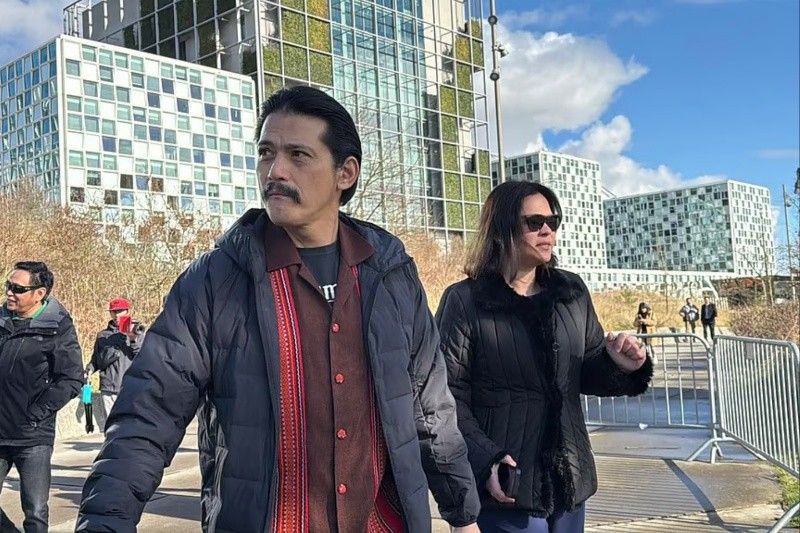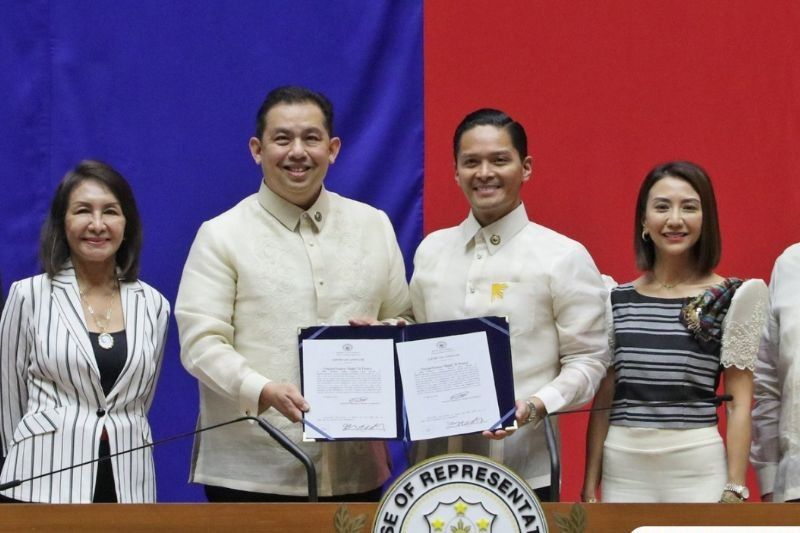
Upgrade to High-Speed Internet for only ₱1499/month!
Enjoy up to 100 Mbps fiber broadband, perfect for browsing, streaming, and gaming.
Visit Suniway.ph to learn
San Roque Cathedral, the episcopal seat of the Diocese of Kalookan, in Poblacion, Caloocan.
Philstar.com / Ian Laqui
MANILA, Philippines — During election season in the Philippines, it is common for some religious groups to endorse their preferred candidates. The Iglesia ni Cristo, for example, is known for its practice of so-called “bloc voting,” releasing a list of endorsed candidates just days before the polls. In contrast, the Roman Catholic Church—whose members comprise nearly 80% of the population—does not officially endorse any political candidate.
EDSA Shrine Rector and Catholic Bishops Conference of the Philippines (CBCP) Committee on Public Affairs Executive Director Jerome Secillano explained that while the Church plays a significant role in the electoral process, endorsing specific candidates is not among its functions.
“We cannot force the voters to vote,” Secillano said in an interview with OneNews on Monday, April 14.
Secillano said endorsing candidates could compromise the Church’s position, especially if those candidates later pursue policies that conflict with Church teachings.
“There are chances that one day, the policies that the candidates will do will not conform to the teachings of the Church. So if that happens, and that candidate is endorsed by the Church, the compromises will be included,” he said.
Instead, the Catholic Church focuses on voter education and “moral suasion” during elections. “The church is also a partner of PPCRV (Parish Pastoral Council for Responsible Voting). So the voters' education is done in partnership with PPCRV so that we can inform and help in discerning the voters,” Secillano said.
The Church also organizes “circles of discernment” to encourage parishioners to reflect, analyze, and pray over their choices before voting.
Perceived endorsements? While the Catholic hierarchy maintains a policy of non-endorsement, there have been exceptions made by individuals and groups.
While not seen as official "Catholic" endorsements, the moves were initiatives of members of the Church. Church law, moreover, does not prohibit individual clergy from supporting candidates, provided they do not campaign from the pulpit.
During the 2022 presidential election, more than 1,200 Catholic clergy, along with some lay groups and religious congregations, publicly endorsed the Robredo-Pangilinan ticket, describing the contest as a “battle for truth."
While this was a seen as a break in the tradition of non-partisanship, especially that it involved a significant number of members of clergy, the bishops' conference or the CBCP as a body did not officially endorse any candidate.
Some archdioceses and dioceses, including the Archdiocese of Cáceres, the Archdiocese of Jaro and the Diocese of Novaliches, also issued endorsements in 2022.
Influence beyond endorsements. Despite not officially endorsing candidates, the Catholic Church remains a powerful force in Philippine politics. Its influence is often exerted through public statements, pastoral letters and advocacy on issues such as good governance, social justice and human dignity.
The CBCP has recently called on the faithful to mount a “revolution of hope” and to elect leaders who champion the common good.

 1 month ago
55
1 month ago
55



